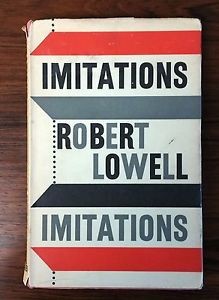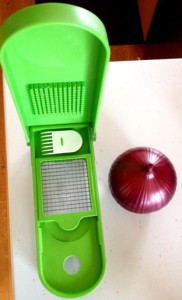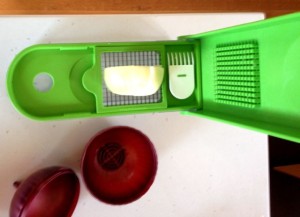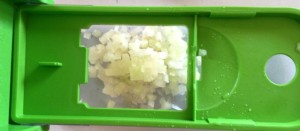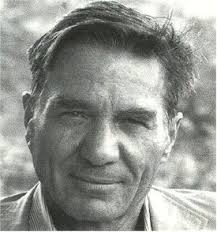Last week I opened The Dead and the Living, an older book of poems by Sharon Olds, to find this gem:
Six-Year Old Boy
We get to the country late at night
in late May, the darkness is warm and
smells of half-opened lilac.
Gabe is asleep oh the back seat,
his wiry limbs limp and supple
except where his hard-on lifts his pajamas like the
earth above the shoot of a bulb,
I say his name, he opens one eye and it
rolls back to the starry white.
I tell him he can do last pee
on the gras, and he smiles on the surface of sleep like
light in the surface if water. He pulls his pajamas down and there it
is, gleaming like lilac in the dark,
hard as a heavy-duty canvas fire-hose
shooting its steel stream.
He leans back, his pale face Continue reading “Monday poem”

